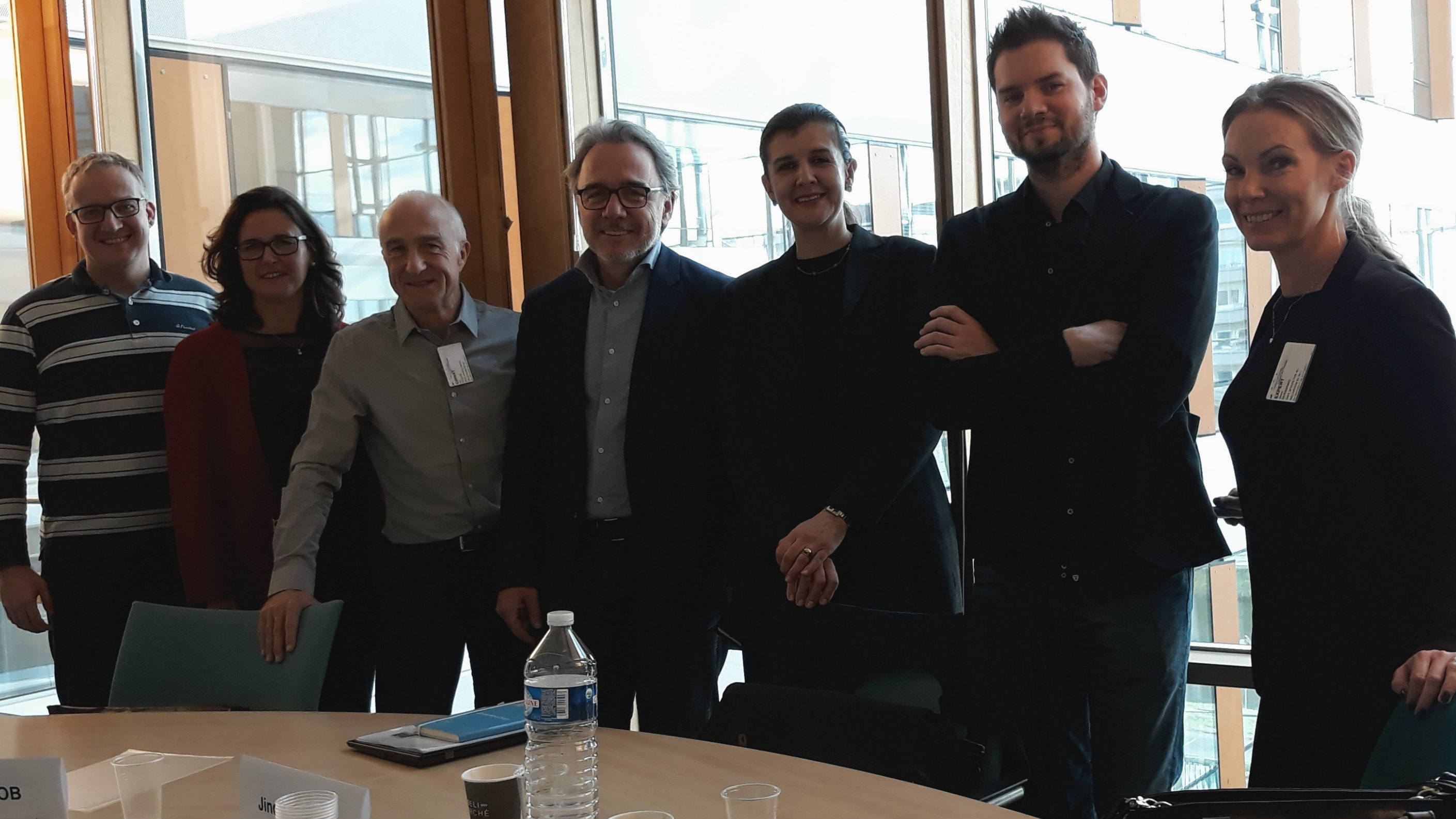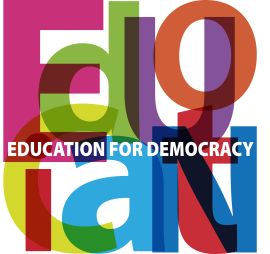In 2018 the Council of Europe Education Department will launch a new education campaign: “Free to speak, Safe to Learn: Democratic schools for All”.
The new campaign has been conceived as a follow-up to the Secretary General Thorbjørn Jagland’s 3rd Annual report (2016), recommending “(…) a safe spaces project around teaching controversial issues” supporting educators across Europe as they tackle controversial issues while promoting freedom of expression, inclusion and tolerance.
“…The best response to current challenges faced by democratic societies is the democratic engagement that allows people to develop mutual understanding of one and other as well as a shared set of civic values that can exist alongside their different beliefs… Reasoned debate. Dissent. Diverse and challenging viewpoints. These are the lifeblood of societies which are plural, dynamic, evolving… and capable of living together peacefully too…” (Jagland, 2016)
Schools are increasingly seen as being on the front-line of the battle to deal with threats and challenges to inclusive democratic societies. For decades, the CoE has acknowledged this through its education programme, influencing education policy and practice throughout Europe. This sustained commitment to the important role of education for a democratic Europe is all the more relevant now, within the context of the current socio-economic and tense political situation in Europe, where intolerance and lack of ability to cope with diversity prevail.
That is why the new CoE education campaign “Free to Speak, Safe to Learn” aims to highlight the commitment to democratic values and principles in the life and culture of schools across Europe. Based on the principles of education for democratic citizenship and human rights, schools across Europe proves every day that the most important role of education is to build inclusive and democratic societies through the democratic engagement and competences of young people.
Research, such as the CoE report “Students as suspects? - The challenges of counter-radicalisation policies in education in the Council of Europe member states”, has shown that preventive counter-violent extremism and radicalisation policies may undermine the freedom of speech and limit the space for democratic engagement in educational settings. To complement such policies, the “Free to Speak, Safe to Learn” campaign will highlight good practices of schools and lift the voices of education professionals and students from all over Europe to provide an inspirational response from practice to policy on the challenges faced by democratic societies in Europe today.
The good practices highlighted in the campaign, will reflect safe learning environments, free from any violence and fear, and the promotion of freedom of speech in schools. The Campaign will be run by the Council of Europe in partnership with the European Wergeland Centre. The campaign activities will promote the development of key competences (values, attitudes, skills and knowledge and critical understanding) of the new Council of Europe Reference Framework of Competences for Democratic Culture such as:
- Knowledge and critical understanding of the world;
- Valuing democracy, justice, fairness, equality and the rule of law;
- Analytical and critical thinking skills as well as the autonomous learning;
- Civic mindedness, responsibility, respect;
- Conflict resolution skills, empathy, tolerance of ambiguity;
- Openness to cultural otherness and valuing cultural diversity;
Several topical issues will be addressed through the campaign such as:
- Making children and students’ voices heard in practice;
- Dealing with controversial issues;
- Dealing with propaganda, misinformation and fake news in democratic societies;
- Developing resilience against violent behavior;
- Prevention of bullying, cyber bullying and any violence against girls, children with disabilities, children with special educational needs, as well as children belonging to minority groups;
- Promoting healthy life style and children’s wellbeing
The Core Steering Group which will be working on the development of the campaign held its first meeting in Strasbourg on 20-21 November.




